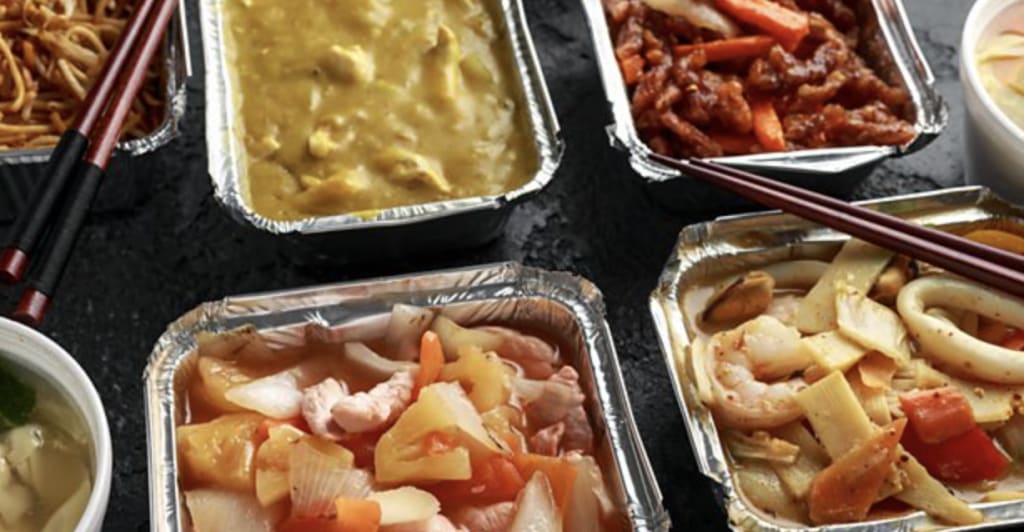
In our interconnected world, characterized by the exchange of goods, the movement of people, and the fusion of cultures, culinary traditions have transcended borders and spread far and wide. The result is a rich tapestry of global flavors, each vying for the title of the most authentic representation of its cultural roots. But is the relentless pursuit of culinary authenticity a noble endeavor or a limiting concept that hampers culinary creativity?
The quest for authenticity in food is driven by a deeply rooted connection between cuisine and identity, particularly within migrant communities. Sociologist and esteemed professor of food studies, Krishnendu Ray, contends that for many, home cooking represents the last bastion of preserving and expressing cultural identity. It is an act of heritage, a way of asserting one's roots in a world of constant change. However, authenticity can be a slippery slope, often misappropriated for commercial gain.
A case in point is British celebrity chef Jamie Oliver's controversial foray into Jamaican cuisine. Oliver faced accusations of exploiting the positive connotations associated with Jamaican food. His ready meal product sported a Jamaican name but deviated significantly from genuine Jamaican cooking. This incident highlights the tension between genuine representation and the commodification of traditional cuisines.
Nonetheless, it is worth questioning whether the notion of culinary authenticity is a double-edged sword. Food consultant Sara Kay invites us to reflect on the origins of these authenticity expectations. Often, they stem from preconceived notions held by majority cultures about the foods of minority communities. These expectations can be limiting, leading to uncomfortable stereotypes. For instance, restauranteurs have lamented the perception that Asian cuisine should be more affordable compared to its European counterparts, a stereotype rooted in misconceptions about the cost of ingredients and labor.
Furthermore, the idea of authenticity can mislead consumers, providing a skewed image of what constitutes genuine cuisine. In cosmopolitan cities worldwide, a plethora of eateries representing various countries' cuisines can be found—Chinese, Indian, Italian, Mexican, and more. However, these broad labels often oversimplify the complexity of culinary traditions within these countries. Author Stephanie Elizondo Greist discovered stark differences between regional specialties in various parts of Mexico and her own upbringing as a Mexican-American in Texas. She argues that both experiences represent authentic Mexican food but in different contexts.
Taking a more provocative stance, American Chef Andrew Zimmern once claimed that he could offer a more authentic representation of Chinese dishes in Minnesota than existing Chinese-owned restaurants. This assertion stirred controversy, as it challenged the very idea of authenticity. Writer and food podcaster Ruth Tam astutely observes that Zimmern, like the restaurants he criticized, also adapted his offerings to cater to local tastes. This raises questions about the fluidity of authenticity in a globalized culinary landscape.
The intricate relationship between food and identity cannot be overstated, and the disregard for culinary authenticity can indeed be offensive. However, the overarching concept of authenticity itself might warrant scrutiny. While it is essential to respect cultural traditions and the genuine representations of cuisine, the rigid pursuit of authenticity may inadvertently stifle innovation and limit the creative evolution of food.
In a world where culinary traditions continue to evolve and intermingle, perhaps it is time to embrace a more inclusive approach to food, one that celebrates both the fidelity to tradition and the adaptability of cuisine to new environments and palates. After all, in the global kitchen, authenticity can be as diverse and varied as the cuisines themselves, reflecting not only the flavors of the past but also the exciting possibilities of the future.





Comments
Jays is not accepting comments at the moment
Want to show your support? Send them a one-off tip.